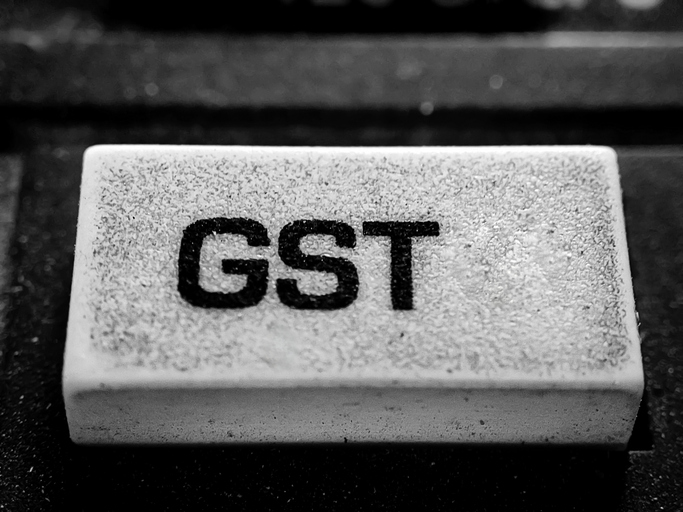The Federation of Indian Chambers of Commerce & Industry (FICCI) on Thursday welcomed the GST 2.0 reforms, calling them a consumer-focused and growth-oriented step that would bring transparency, predictability and stability to India’s tax system while correcting inverted duty structures in several sectors.
The GST Council has approved a two-tier GST structure, effective from September 22, which FICCI said will directly benefit households, labour-intensive industries, MSMEs and critical sectors such as healthcare, agriculture, infrastructure and automobiles.
“The correction of inverted duty structures in textiles, fertilisers and renewable energy will reduce import dependence and improve global cost competitiveness of Indian goods,” FICCI said in a release.
FICCI President Harsha Vardhan Agarwal said the reforms would also reduce classification disputes, improve compliance and address anomalies created by the inverted duty structure. While acknowledging revenue implications for the government, he said the reduction in rates will boost consumption demand and help contain inflation.
Lower GST rates on FMCG products such as soaps, shampoos, toothpaste, hair oil, bicycles, kitchenware and packaged foods will ease household budgets and support consumption-driven growth, the industry body noted. Similarly, tax cuts on agricultural goods are expected to reduce costs for farmers, enhance rural incomes and strengthen food security.
The reforms will also provide relief to labour-intensive sectors like handicrafts, textiles, leather, footwear, marble, granite and toys, which FICCI said would safeguard traditional livelihoods, strengthen MSMEs and create new jobs.
In addition, reduced GST on cement, renewable energy devices and construction materials is likely to spur housing and infrastructure development, aligning with the government’s vision of ‘housing for all’, FICCI added.
(With IANS inputs)














